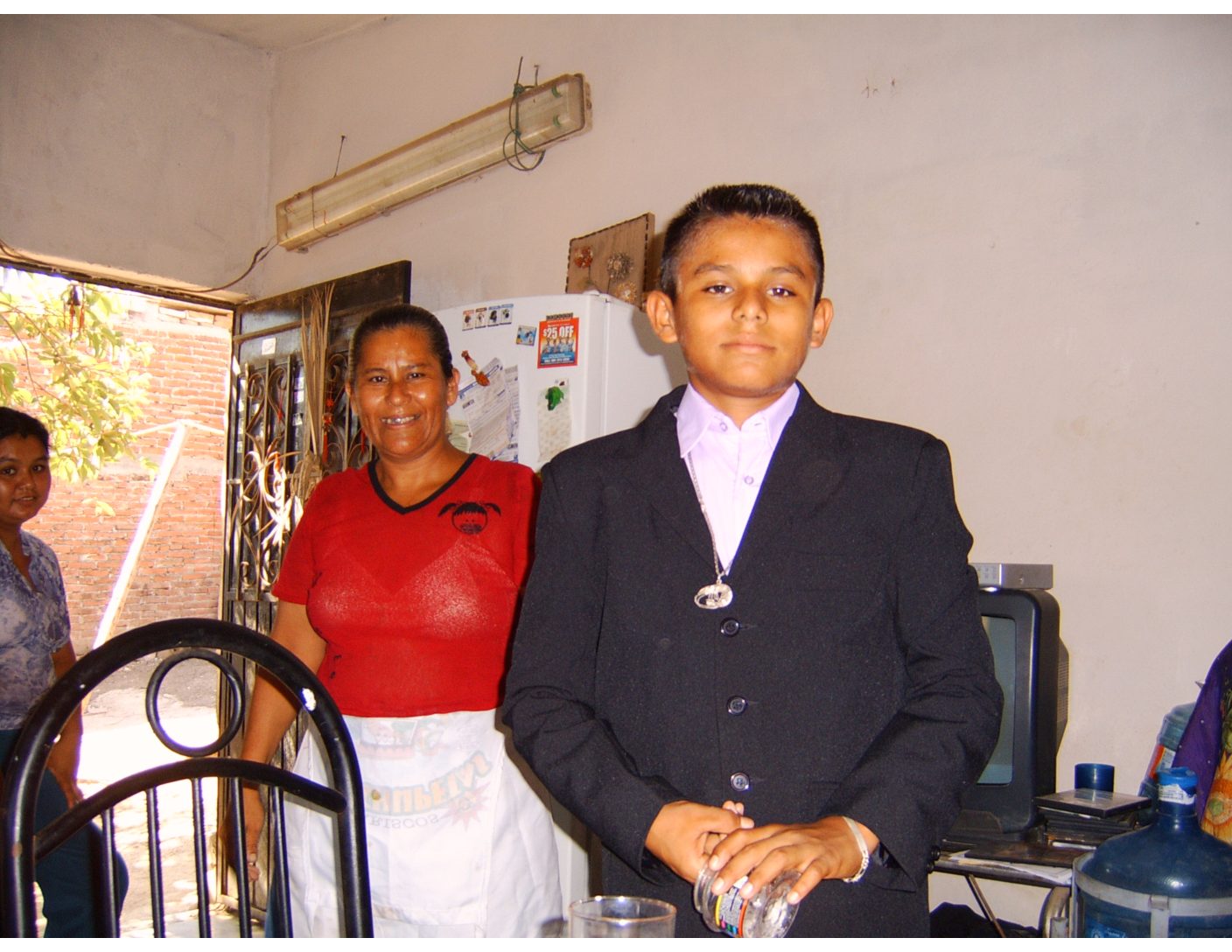I became an Airbnb host in 2012. Since then more than fifty people have stayed in my home. They all made an impression on me ~ some good and some, well, not so good.
No one changed my life, however, as much as Olga Dubinko.
Olga emailed me in the summer of 2016. She was a young mother from Belarus, looking for a place to stay for three months. “Oh, and by the way,” she added, “I will be seven months pregnant when I arrive.”
I said yes. It had been a long time since there was a baby in my house. I had never heard of Belarus. I had a lot to learn.
Olga arrived at the Denver airport looking very pregnant, exhausted, stylish and beautiful. With the help of a passerby, we loaded her heavy suitcase into the back of my car and took off for home.
Because Olga had a green card, she was able to live and work in the U.S. She also had a husband, Pavel, and a son, Eduard, who stayed in Belarus. Eduard, then age 8, has severe cerebral palsy as the result of overwhelming malpractice by the medical staff at the hospital where he was born.
When Olga learned she was pregnant, she was determined not to give birth again in Belarus. Olga and Pavel made the heart-breaking decision that she would come to Denver to have their daughter, while Pavel stayed behind and took care of Eduard.
Getting to know Olga was a joy from the very beginning. She is brave and resourceful, kind, generous and smart. Her father, Vyachaslau Dubinko, was internationally recognized in the Russian art of paper-cutting. There is no way I can describe his beautiful work, shaping intricate figures using only black paper and a long scissors. He is featured in this video that makes me smile every time I watch it:
Olga unpacked her suitcase and immediately applied for a social security number and health insurance. She found a physician to monitor her pregnancy and a job working as an interpreter in a local law firm. She bought a car (a 1993 Saturn that still runs) and a car seat for her baby. And then we waited.
I told Olga I would drive her to the hospital and stay with her while her baby was born. If she was scared, she tried not to show it. I tried to hide my nervousness, too.
I worried that Olga would go into labor in the middle of rush hour. There might be a snowstorm. The baby could be born in my car. As a world-class worrier, I conjured up all sorts of disasters in my mind, none of which came true.
Olga went into labor in the middle of the night on November 26th. The ride to the hospital was calm and peaceful. We were in no hurry. We talked and laughed as we drove past the zoo and big Denver homes lit up for Christmas.
Vera was born less than 24 hours later, weighing 8 1/2 pound, with a full head of hair and shiny blue eyes. I recorded the birth on my iPad. Olga bit her lip and never made a sound.
Olga and I have become great friends since that lovely November night, almost four years ago. Olga and Vera went back to Belarus to get Pavel and Eduard. Now they live in a small home near me. Their family has become my family. Eduard is a happy boy, in school for the first time in his life and making progress every day. Vera is a smart, beautiful little girl with blond hair and a mind of her own.
Pavel works as a master mechanic in a large auto dealership in Lakewood, CO. Olga works as a free-lance Russian interpreter.
Olga maintains a blog: https://againstandforward.blogspot.com that is a delight to read. In it she combines her interest in fashion with an honest, poetic commentary on her life.
Olga’s English is flawless. Her posts are beautiful to look at and inspiring to read. This week she describes finding a dress in a thrift store that is too big and needs mending. She writes:
This got me thinking: isn’t our life just the same? Falling apart so many times and being mended back. It is never possible to get those seams to be invisible, but they dо keep it together. Those seams leave scars forever, on our hearts, our souls, but we still keep going. Cause life is definitely worth mending it, fighting for it and going on.
Olga’s lesson in courage is a lesson for us all!




 Neto and I were having lunch at a busy restaurant across from an old railroad station when Zapatista arrived at our table, carrying a large, leather-wrapped jug of homemade pulque. We invited her to sit down at our table and talk to us. She was tired. Her feet were sore. She was happy to spend some time sitting at our table. But first we bought a glass of pulque.
Neto and I were having lunch at a busy restaurant across from an old railroad station when Zapatista arrived at our table, carrying a large, leather-wrapped jug of homemade pulque. We invited her to sit down at our table and talk to us. She was tired. Her feet were sore. She was happy to spend some time sitting at our table. But first we bought a glass of pulque.

